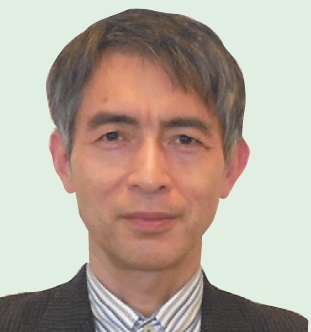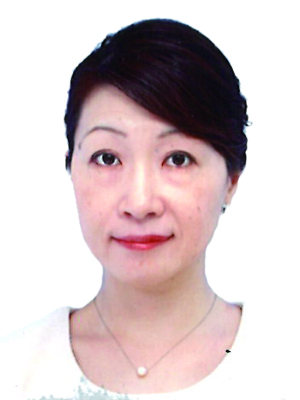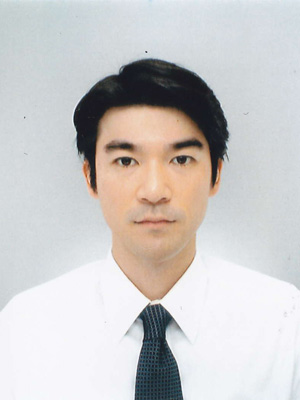Division of Clinical Psychology
Characteristics of the Course
This division offers comprehensive programs to train helping professionals such as clinical psychologists and certified public psychologists as well as scientists, which enable them to eventually contribute to the global society by addressing mental health problems. Through the training program, based on the scientist-practitioner model, students are expected to acquire and cultivate intellectual bases and practical skills to help people with a variety of psychological problems including mental disorders as well as to clarify and investigate these problems from the broad perspective including both the individual and the surrounding social system.
Description of the Course
The basic framework and specific contents of our curriculum are as follows.
In Developmental Clinical Psychology, we call the point where clinical psychology and developmental psychology (development of emotions in particular) meet, the “region of developmental clinical practice.” We study disorders generated by the development of relationships and their restoration; and train specialists and instructors. This area of study incorporates the perspective of developmental support. In addition to the psychological treatment that is the core of existing clinical psychology, our subjects are wide-ranging and include problems in childcare, child support measures and support for children and the parents of children with disorders.
In System Theory and Practice of Clinical Psychology, we lay the foundation of an integrated theory that serves to develop clinical psychology into specialized activities within such social systems as the school, family and workplace. We advance appropriate studies of clinical practice, and form an intellectual foundation that supports education and training of experts in the field.
In Curriculum Development of Clinical Psychology, we aim to develop a curriculum where education and training of clinical psychology can be carried out with effect. We also aim to develop an approach that enhances the effectiveness of clinical psychology practice and then present the research findings to society. We foster instructors and researchers who assume the tasks of developing the education and research of this field.
Staff

Masahiro NŌCHI
Professor (Curriculum Development of Clinical Psychology)
One of my primary goals is to establish knowledge rooted in actual field experiences from an interdisciplinary perspective centering on clinical psychology. More specifically, I analyze the narratives of adults with disabilities to clarify characteristics of their experiences and their needs in the rehabilitation process. At the same time, I offer assistance and consultation for the community based on the knowledge. I am also interested in qualitative research methodology in psychology. Collaborating with researchers from other universities, I am trying to form its theoretical basis, organize methods of analysis, and develop educational methods.

Miho TAKAHASHI
Professor (System Theory and Practice of Clinical Psychology)
Psychological problems arise not only due to individual factors but also due to social factors within the environment in which the individual lives. Individual problems sometimes reflect social problems. From this view point, I conduct studies to increase understanding of individual psychological problems and develop concrete methods and theories to help individuals, organizations and society. Especially, I focus on mental health problems related to work life, specifically in the areas of problems arising in the workplace, readjustment to working life after a period of absence and dealing with unemployment. In my studies and in my clinical practice, I work to help individuals develop their own life careers and ways to cope with the modern world.

Ryu TAKIZAWA
Associate Professor (Curriculum Development of Clinical Psychology)
My research interests focus on a better understanding of causes, risk and resilient factors related to health and well-being across the life course and investigating new approaches to early preventive measures in youth. Combining three unique frameworks: 1) life-course developmental research (ex. prospective cohort), 2) biological, neuroscience and epidemiological methods (ex. bio-markers, such as NIRS, fMRI, inflammation, epigenetics) and 3) genetically-sensitive design (ex. family and twin method), my projects focus on early life stress such as maltreatment and bullying victimization as a potential cause and on the resilient factors for mental health as well as physical and cognitive health problems across the life course. I am especially interested in investigating modifiable causal factors that could become targets of intervention and prevention efforts, especially in young people.